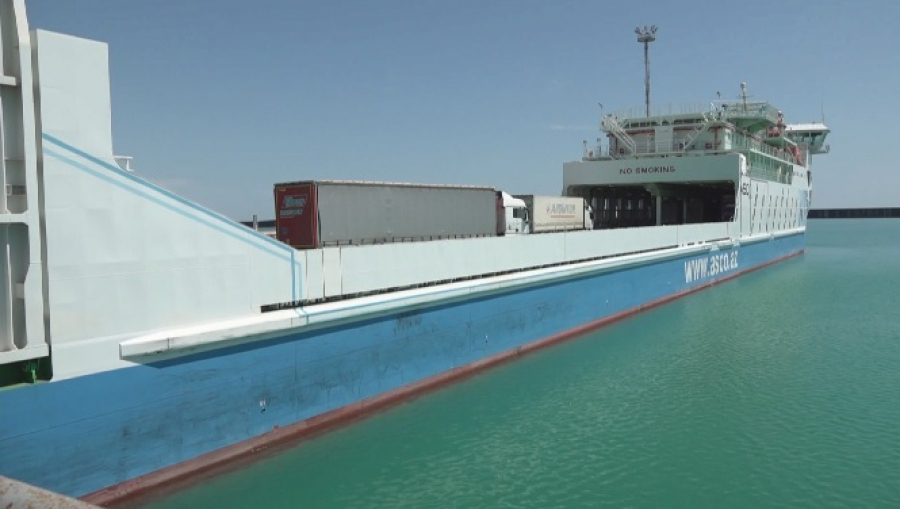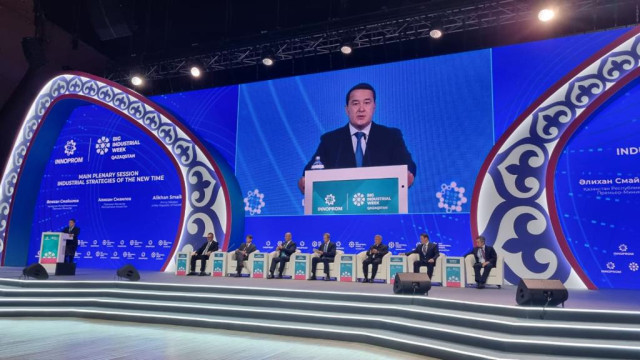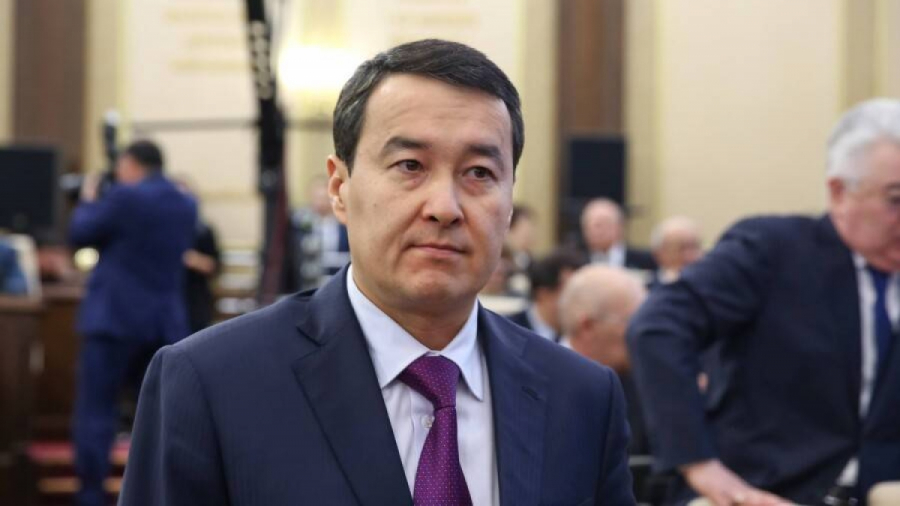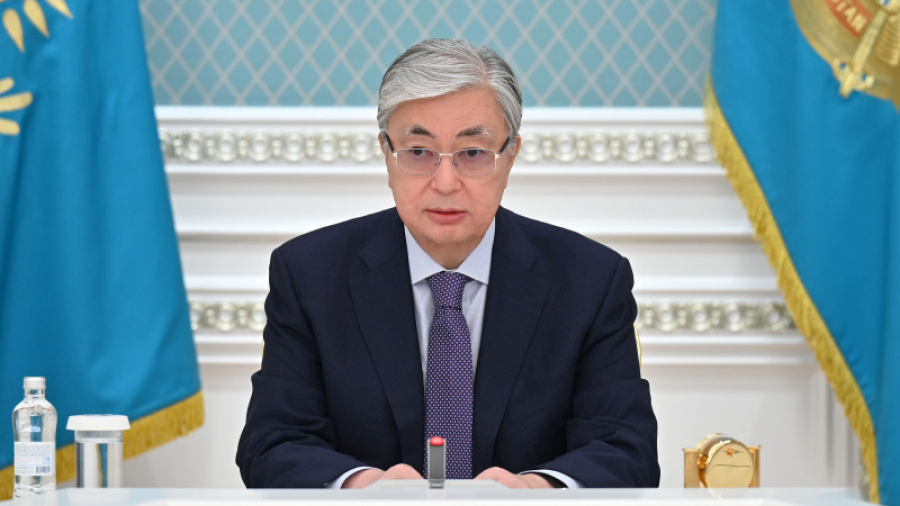
Sea freight volume in Kazakhstan has more than doubled. The Aktau Sea Northern Terminal, the Aktau Sea Port and a ferry complex at the Kuryk port are operating at full capacity. The latter two facilities may soon be included in the list of free economic zones. An additional container hub is planned to be constructed to support domestic exporters. 19 hectares of land were allocated for this purpose in the Aktau port. The expansion of the Kuryk ferry complex will begin in the near future.
“Everyone understands that the creation of the free economic zone and the port’s entry into the FEZ is a necessary step. This year, we are redoing the work to complete this process and expect the autumn session of the National Budget Commission to finalize this decision. We have finished all the previous stages. We have only one left,” Serik Akhmetov, General Director of Port Kuryk, said.
Freight volumes on Trans-Caspian Route ramp up
The volume of traffic on the Trans-Caspian International Route this year can grow six times, Kazakhstan Temir Zholy company predicted. Almost three million tonnes of cargo should be transported along this transport corridor. More than 700,000 tonnes have already been delivered to destinations over four months. According to Azerbaijani expert Ilgar Velizade, the increase in the transit potential of Kazakhstan will intensify cooperation in the Caspian Sea, and expand opportunities for neighboring countries. After all, this route runs through China, Kazakhstan, Azerbaijan, Georgia, Turkey and the Black Sea, and then to European countries.
“In view of geopolitical reasons, today considerable amounts of traffic flows that pass through our region are re-directed to the Trans-Caspian Transport Route, where Kazakhstan plays a very important role. In this regard, it bears noting that the conditions created in Aktau Sea Port and in Kuryk port to load them as much as possible and to increase their throughput capacity, naturally become an attractive factor when considering the implementation of large-scale transport projects. They meet interests of not only Kazakhstan and its neighbors, but also extra-regional players that pursue their own economic interests,” Ilgar Velizade, Head of the Caspian Center for Spatial Analysis, said.









